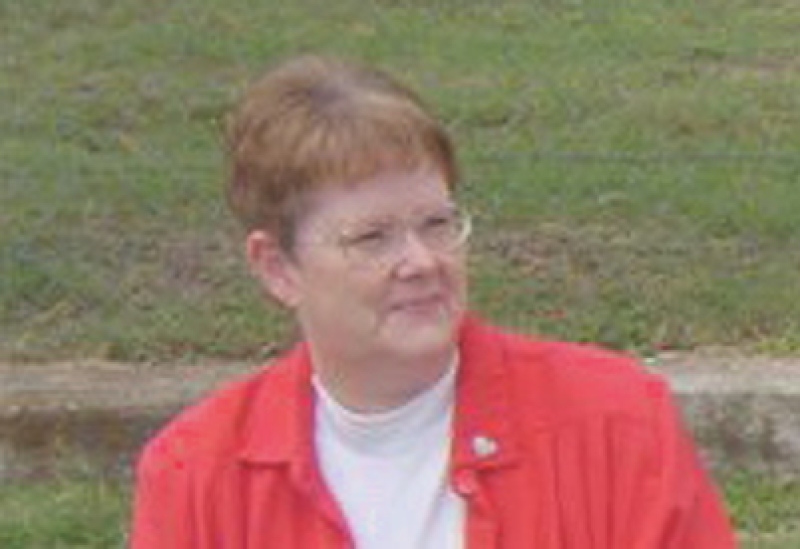Alumni Spotlight: Sheila Cluggish Barnette

Sheila Cluggish Barnette earned her BA from SES in 1968 and worked for 35 years as an exploration micropaleontologist with Texaco, Cities Service, and BP before retiring in 2003. Contact: sheila@bnpr.com
"My most memorable experience as an SES student was the taphonomy experiment in Dr. Loren Babcock’s Historical Geology class. I do this activity with my students—it’s one of those learning moments you never forget because it changes how you look at the world."
Where has your degree taken you?
I have always worked in Houston, Texas, the heart of Gulf of Mexico oil exploration. Early on when I was working, the industry was booming and “headhunters” were always looking to find a better job for you. (also enriching them, of course). In my first years at BP, I designed, and shepherded through, the building of our first sample processing facility in Houston for the exploration group. I enjoyed being one of the few women at that time in oil industry micropaleontology, often “sitting” wells to pick casing points to avoid problems. I was Manager of Micropaleontology at BP in Houston for several years in the early 1990s, but I always preferred the technical work to managing staff. I got my wish, and In the last several years of my career, I was allowed to go back to doing technical/microscope work and mentoring new hires. Mentoring was one of most rewarding things I ever did. Answering probing questions about why things were done a certain way, made me a much better geologist by closely examining our procedures and changing things where new ideas were appropriate. I was named one of the first few Advisors/Senior Advisors on the technical ladder at BP, initiated during the late 1990s. I retired to the Texas Hill Country in 2003. I continued to consult for BP and had a microscope and sample logging software set up in my home office. I finally retired completely at the end of 2015.
How do you feel your experience in SES prepared you for your career?
At the time I graduated in 1968, oil companies were still hiring individuals with only a bachelor’s degree. My advisor, however, pointed out that attending Summer Field Camp might be the best thing I could do to add to my resume. (At the time it was not mandatory for receiving a Bachelor of Arts in geology.) I do believe that what I learned that summer made me a better candidate in my job search. I graduated from OSU in December of 1968 and was offered my first job, at Texaco, in April of 1969. I liked the idea that the geology department at OSU was relatively small in those years and individual attention was pretty easy to come by.
What is your favorite memory as a student?
Field camp in Utah. It made me stretch myself in ways I had not encountered before.
What advice do you have for current and future students?
Network! Network! Network! All of the jobs and advances I made in my career were because I became involved in professional societies, both local and national, and cultivated contacts and friends both within my company and with individuals in other companies. Who you know really does matter!
